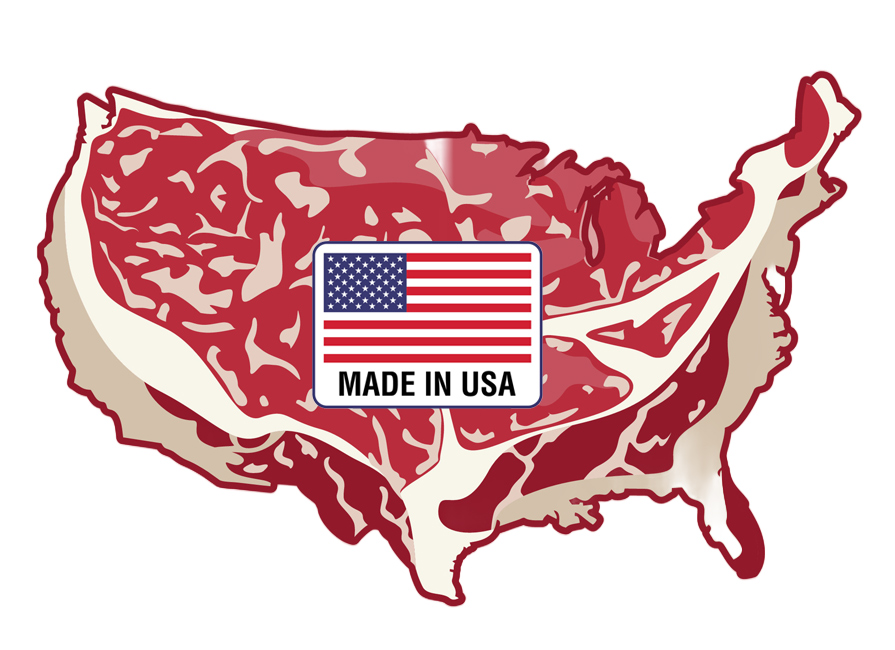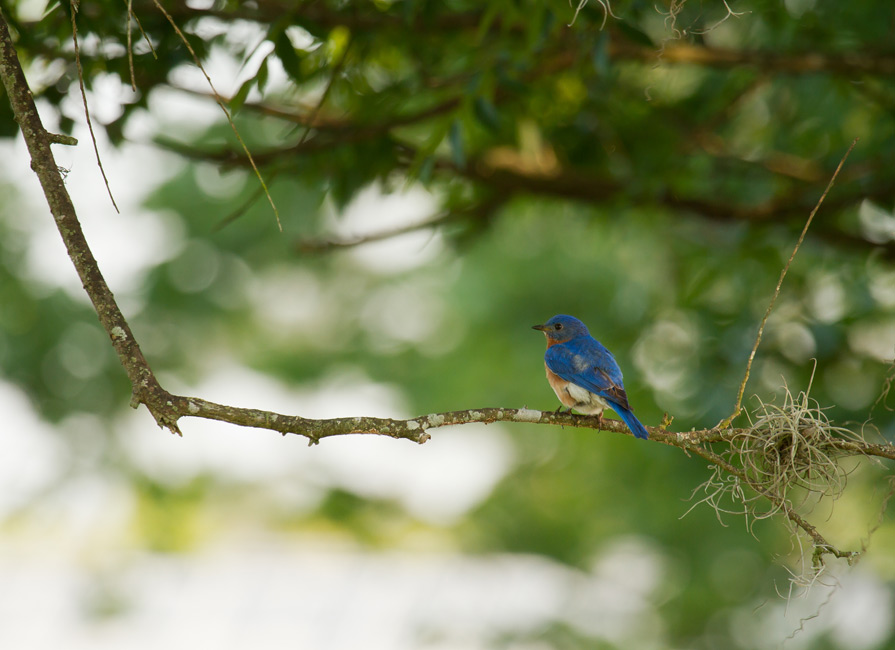In today's increasingly food-conscious world, consumers expect a label to mean what it says—including the…
GMOs and the Law of Unintended Consequences
 I’m going to stick my neck out here: I think we might just be seeing the beginning of the end of our love affair with genetically modified (GM) crops. Emerging science from both home and abroad is raising serious questions about the long-term risks of GM crops. And from what I can gather, mounting anecdotal evidence suggests that many U.S. farmers are beginning to regret ever setting eyes on the damn crops.
I’m going to stick my neck out here: I think we might just be seeing the beginning of the end of our love affair with genetically modified (GM) crops. Emerging science from both home and abroad is raising serious questions about the long-term risks of GM crops. And from what I can gather, mounting anecdotal evidence suggests that many U.S. farmers are beginning to regret ever setting eyes on the damn crops.
To be perfectly honest, I’m actually quite surprised at just how long this romance has lasted. Of course, the billions of dollars spent by the likes of Monsanto on PR, lobbying Congress and all the rest has certainly helped keep us all fixated on this glamorous technological panacea. But, like most whirlwind romances, our own niggling doubts and the sage advice from trusted sources (in this case independent scientists) is becoming difficult to ignore. Was it really all too good to be true?
Robert Kremer is beginning to think so. Kremer is a government microbiologist, based at the University of Missouri. He works for the U.S. Department of Agriculture’s Agricultural Research Service and has studied Midwestern farm soils for the last two decades. He is one of several scientists who have uncovered what appear to be hitherto unpredicted problems in plants and soils associated with the use of glyphosate-resistant GM crops and the glyphosate (1) herbicide.
Kremer’s main interest is general soil quality. Over the last few years, tests on soil and plant growth appear to reveal emerging problems in the root systems of “Roundup Ready” (2) plants. He thinks that the use of glyphosate could be affecting root growth and root-associated microbes in the soil – and he is seriously worried about the possible implications.(3)
Recently, U.S. soil microbiologists working with soils associated with the use of Roundup and Roundup Ready crops have found reduced populations of beneficial types of soil microbes and a growth in pathogenic species. Subsequent soil tests for key micronutrients such as manganese, copper and, boron found levels were generally very low compared to samples taken three to four years ago, possibly due to die-off of soil bacteria. (4) Other scientists have identified evidence of possible chelation (tie-up) of micronutrients in plant tissue associated with the widespread use of Roundup, while still others have found increased incidences of plant diseases such as fungal root infections among Roundup Ready crops.(5)
The unintended impacts of GM crops are not just limited to U.S. farmers. In a paper recently published in the U.S. journal, Science, researchers in China have called for a complete reassessment of the long-term risks of GM crops after their 10-year field studies revealed an explosion in pest numbers around farms growing genetically engineered strains of Bt cotton, produced by Monsanto.
A recent report in the UK’s Guardian newspaper reveals that millions of hectares of farmland in northern China have been struck by pest infestations after the widespread adoption of insect-resistant GM cotton in the area. Originally designed to reduce the use of pesticides and save money for Chinese cotton farmers, GM cotton instead led to farmers becoming too reliant on the pesticide producing qualities of GM cotton rather than integrated pest management systems. The unintended consequence is an out-of-control infestation of mirid bugs. Formerly a relatively insignificant pest, the mired bug is not affected by the insect-resistant GM cotton and a lack of other pest controls has allowed it to flourish on GM farms and spread to non-GM farms, destroying a wide-range of non-GM crops. The newspaper reports that the pest infestations could be “potentially catastrophic for more than 10 million small-scale farmers who cultivate 26 million hectares of vulnerable crops in the region studied.”
While the cynic in me suggests that Monsanto probably couldn’t give a hoot about the livelihood of small farmers–especially those who choose to avoid using GM technology–what worries me more than anything is that these two pieces of independent research could actually represent the tip of a very large iceberg. Because the fact is that the patents that Monsanto, Du Pont and other biotech giants all hold on their GM crops effectively prevent any independent scientific study from using their GM seeds without prior permission. Indeed, in February 2009, over 25 leading corn insect scientists–all working at public research institutions located in 16 corn producing states–issued a public statement to the US Environmental Protection Agency, claiming that “As a result of restricted access, no truly independent research can be legally conducted on many critical questions regarding the technology.”(6)
Is it the case that until we fully understand the potential environmental and health risks of genetically engineered crops or animals, we must keep this technology locked in research labs? We shouldn’t allow the likes of Monsanto to inflict this uncertain technology on those people who ultimately have the most to lose when it all inevitably goes wrong.
NOTES
1 Glyphosate is a broad-spectrum herbicide used to kill weeds and is the most used herbicide in the U.S. Initially patented and sold by Monsanto Company in the 1970s under the trade name Roundup, its U.S. patent expired in 2000.
2 Roundup Ready TM crops, such as soybeans and cottons, have been genetically modified to tolerate the chemical herbicide, glyphosate.
3 See http://www.reuters.com/article/idUSTRE63C2AJ20100413
4 See Tsuioshi, Kremer, de Camargo e Castro and Wood (2009). “Glyphosate interactions with physiology, nutrition, and diseases of plants: Threat to agricultural sustainability?”, European Journal of Agronomy, vol.31, no.3.
5 See No Till Farmer, March 2010 “Are We Shooting Ourselves in the Foot With A Silver Bullet?”
6 See http://www.nytimes.com/2009/02/20/business/20crop.html?_r=2 and http://www.regulations.gov/search/Regs/home.html#documentDetail?R=090000648084de39.



